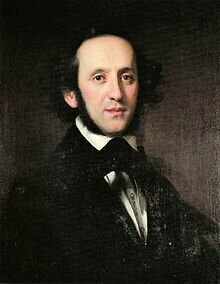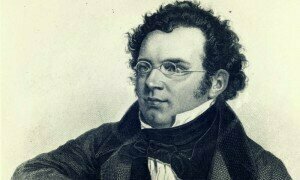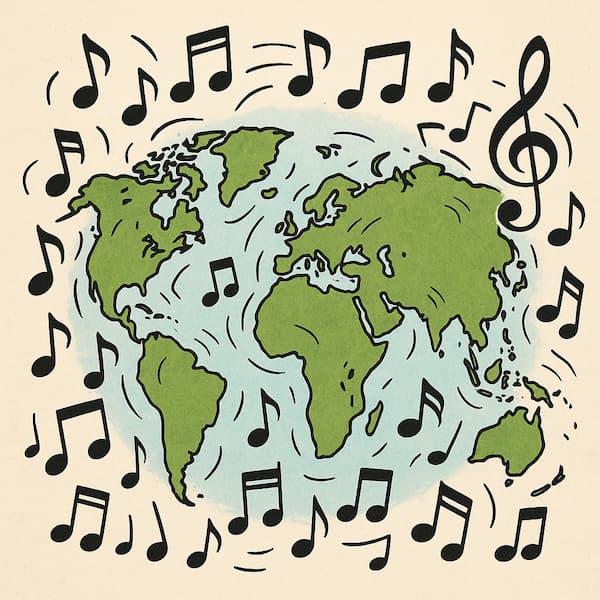
Felix Mendelssohn
Felix Mendelssohn
Lieder ohne Worte (Songs without Words) op. 19b MWV SD 5
6. Andante sostenuto in G minor (MWV U 78) “Venetian boat song”
Franz Schubert is of course the songster par excellence, and in addition to writing over 600 lieder, his ability to create the most heartbreakingly lyrical melodies is evident throughout his piano music. Take for instance the Impromptu in G flat major, Op No, no. 3, with its ‘Ave Maria’ melody so beautiful in its simplicity (listen to how Cherkassky contours the melody line), the slow movement of the “little “ A major Piano Sonata, D664, or the middle of the Drei Klavierstucke, D946.

Franz Schubert
Sonata for Piano No. 13 in A major op. 120 D 664
II. Andante
Liszt took Schubert’s lieder and transformed them into magical songs without words for piano. They are amongst his most inspired transcriptions; while his own Petrarch Sonnets from the Italian Années de Pèlerinage, originally conceived as songs for tenor, demonstrate his extreme sensitivity to both the melodic line and the original song texts.
Franz Liszt
Années de pèlerinage. Deuxième année: Italie S 161
6. Sonetto 123 del Petrarca
Many of these songs without words share a common feature, apart from the lyrical melody line. The accompaniment is generally flowing and texturally rich, in the manner of a lieder or art song. A true “song without words”, Rachmaninov’s ‘Vocalise’ was never intended to be sung with words, but instead is sung using any one vowel of the singer’s choosing. The piano transcription is one of his best-loved works.

George Gershwin
Romances op. 34: Vocalise (Arr. for Piano solo)
I. No. 14. Vocalise in E Minor
Fast-forward to the twentieth century and George Gershwin, whose skill as a songwriter is undisputed. He transcribed many of his own songs for piano, retaining the key elements of the song (melody, accompaniment) while also creating works which stand up as solo pieces in their own right.
Gershwin
George Gershwin’s Song-Book
That Certain Feeling


